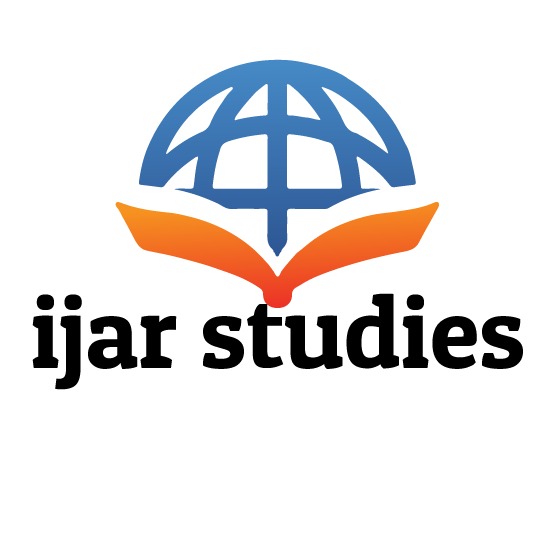Dil, milletler için kültürlerin, bilginin, bilimin ve medeniyetin damarı olarak kabul edilir. Dil, milletlerin gücüyle yayılır ve zayıflıklarıyla sınırlanır. Bu nedenle büyük milletler dillerini ülkelerinde etkinleştirmek ve dünyaya yaymak için yarışırlar. Dünya ile sürekli iletişim halinde olmak ve içinde neler olup bittiğinin farkında olmak için en az ikinci bir dil öğrenmek zorunlu hale gelmiştir. Dil edinme yönteminin kendisini tasavvur etmek, psikolojik ve bilişsel bir perspektiften insan gelişimi için şaşırtıcı ve takdire şayan bir fikirdir. Sıradan insanlar, ilk kez çocukken karşılaştıkları dili edinirler. Bundan sonra birçok farklı dili öğrenebilirler, ancak ilk dil veya ana dil olarak bilinen şey her zaman diğer dillerden farklıdır. Bir kişinin birinci dili ile ikinci dili arasında birçok farklılık vardır. İkinci bir dil öğrenmek kolay bir şey değildir, çünkü öğrenme zorluğu kişiden kişiye, öğrencinin yaşına, içinde yaşadığı ortama ve dilin doğasına göre değişmektedir. Bu makalede ana dili ikinci dilin öğretiminde önemi, ana dili ile ikinci dilin arasındaki benzerlik ve farklıklarından, ikinci dilin öğrenme amacı ve faydalarından bahsedilmektedir.
Language is considered as the vein of cultures, knowledge, science and civilization for nations. Language is spread by the strength of nations and limited by their weakness. For this reason, great nations compete to activate their languages in their countries and spread them around the world. It has become imperative to learn at least a second language in order to be in constant communication with the world and be aware of what is going on in it. Envisioning the language acquisition method itself is an amazing and admirable idea for human development from a psychological and cognitive perspective. Ordinary people acquire the language they first encountered as children. They can learn many different languages after that, but what is known as a first language or mother tongue is always different from other languages. There are many differences between a person's first language and their second language. Learning a second language is not an easy thing, because learning difficulties vary from person to person, depending on the age of the student, the environment in which they live and the nature of the language. In this article, the importance of mother tongue in teaching a second language, the similarities and differences between mother tongue and second language, the purpose and benefits of learning a second language are mentioned.

By subscribing to E-Newsletter, you can get the latest news to your e-mail.